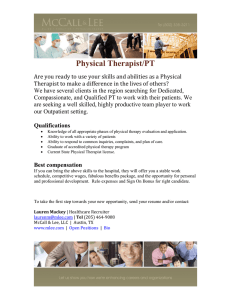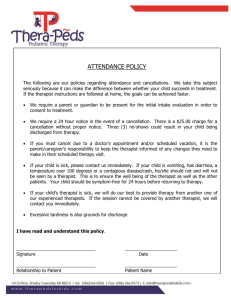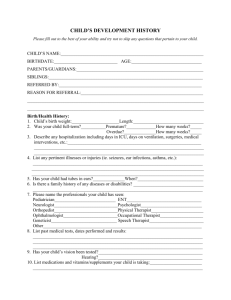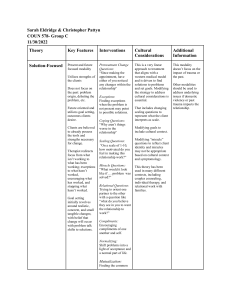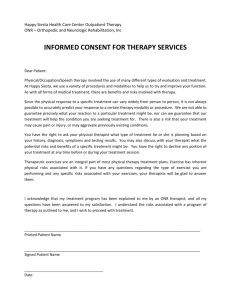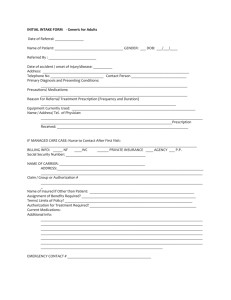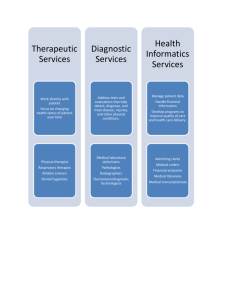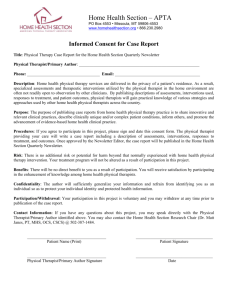Solution Focused Brief Therapy
advertisement
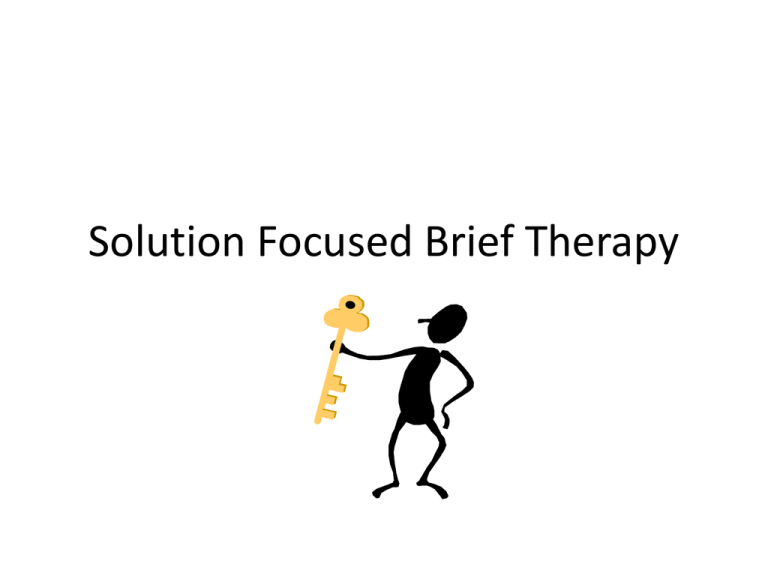
Solution Focused Brief Therapy Themes • Each person is unique so are their symptoms, problems, and solutions • Clients are experts on their own lives because they actively participate in constructing the realities of their lives • Solutions are not necessarily related to problems • Maintain a future orientation (When … rather than if…) – The past cannot be changed • Focus on strengths: Everyone has strengths and resources required to resolve difficulties Themes • Change is inevitable • Once changes are set in motion, they tend to snowball and generalize to other parts of life • Nothing is all negative • There is no such thing as resistance • Simplicity is key Themes Problem Focused Solution Focused • How can I help you? • • • Could you tell me about the problem? Is the problem a symptom of something deeper? Can you tell me more about the problem? How are we to understand the problem in light of the past? What defense mechanisms are operating? • • • • • • • In which ways is the relationship between the therapist and the client a replay of past relationships(psychodynamic models)? How many sessions will be needed? • • • • • How will you know when therapy has been helpful? What would you like to change? Have we clarified the central issue on which you want to concentrate? Can we discover exceptions to the problem? What will the future look like without the problem? How can we use the skills and qualities of the client? How can the therapist collaborate with the client? Have we achieved enough to end? Process • Counseling relationship – Collaborative – Client decides which solution works best for him/her – Therapist is responsible for guiding the relationship in a direction that will serve the client – Client empowerment • What brought you here today? • How can I help you? Process • What are the exceptions to the problem? • Miracle Question – If a miracle were to happen, what would be different? • Presuppositional Questions (Solution-focused language) – When … instead of if…. • Scaling Questions • Coping Questions • Genuine compliments • Tasks Process • Goals – – – – – – – Belong to the client and should be expressed in their words Attainable (small, baby steps) Concrete, specific, and tied to specific behaviors Defined in terms of the presence of some behavior not the absence of Focus on beginnings more than endings Realistic in the context of the clients life Acknowledged to involve hard work
